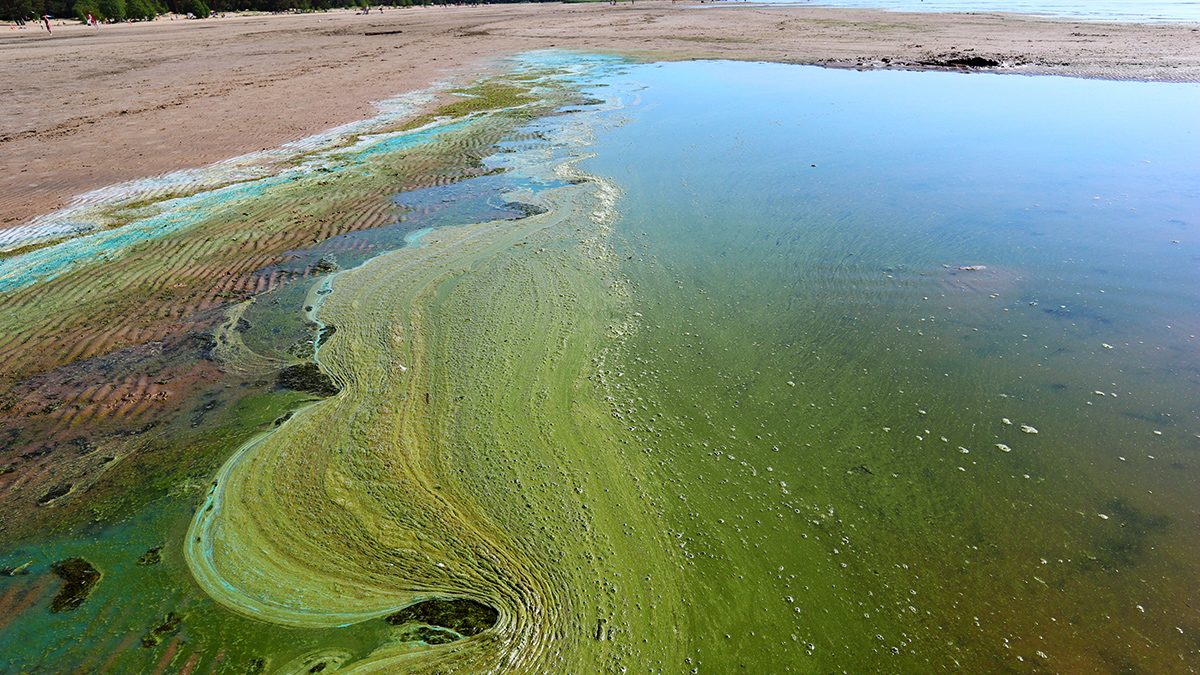
Ecotoxicity: an invisible threat we can fight against
Imagine a crystal-clear river full of life, a lush forest inhabited by thousands of species or a green field in which plants bloom. Unfortunately, these idyllic images are threatened by an invisible enemy: ecotoxicity.
What is ecotoxicity?
This is the capacity certain chemicals have of damaging ecosystems and the living beings that inhabit them. These substances can come from different sources, such as:
- Household and industrial waste: cleaning products, paints, medicines, etc.
- Agricultural chemical products: fertilizers, pesticides, herbicides, etc.
- Oil spills: accidents on oil rigs, ships, etc.
How does ecotoxicity affect the environment?
The consequences of ecotoxicity are devastating for the planet:
- Water pollution: rivers, lakes and seas become a breeding ground for toxic substances that poison fish, plants and other aquatic organisms.
- Soil pollution: chemicals accumulate in the earth, affecting the plants and animals that live in it, and altering the food chain.
- Decline in biodiversity: the death of species and loss of natural habitats endangers the natural wealth of our planet.
What can we do to reduce ecotoxicity?
Albeit ecotoxicity is a complex problem, we can all contribute to reduce it by taking simple measures in our day-to-day:
- Reduce the use of chemical products: choose ecological products and avoid the excessive use of pesticides, herbicides and cleaning products.
- Choose sustainable products: look for products from companies committed to the protection of the environment.
- Properly dispose of your waste: do not throw toxic waste into the garbage nor into the sink. Take them to a specific collection point.
- Recycle and reuse: reduce the amount of waste you generate and give them a second life.
- Get informed and be aware of your environment: share information about ecotoxicity and the measures we can take to fight against it.
Every action we take counts, even the smallest. Together we can protect our planet from ecotoxicity and build a more sustainable future!
